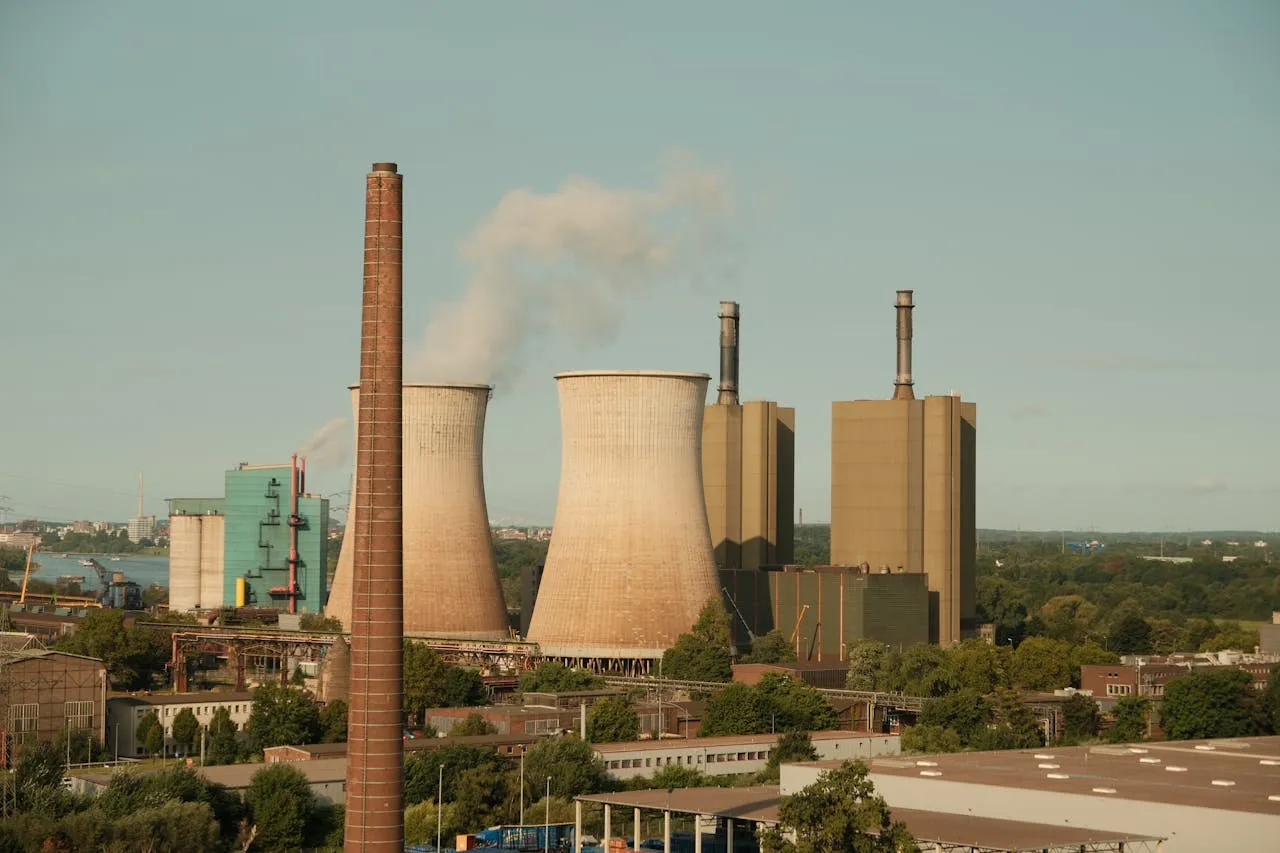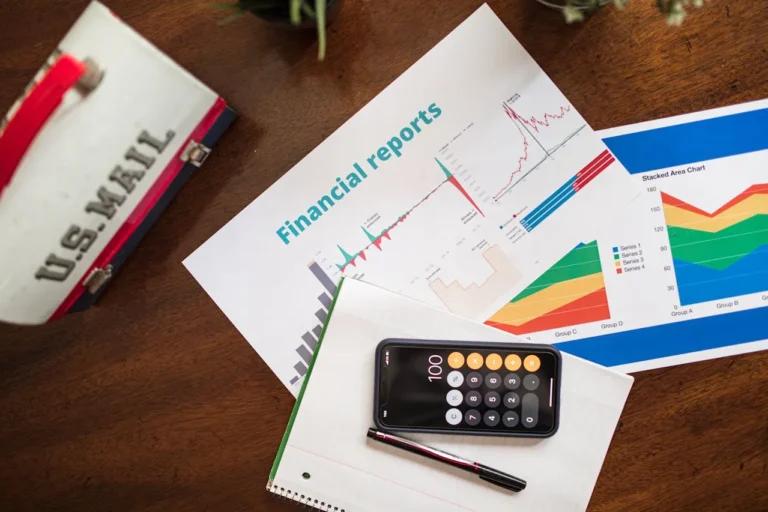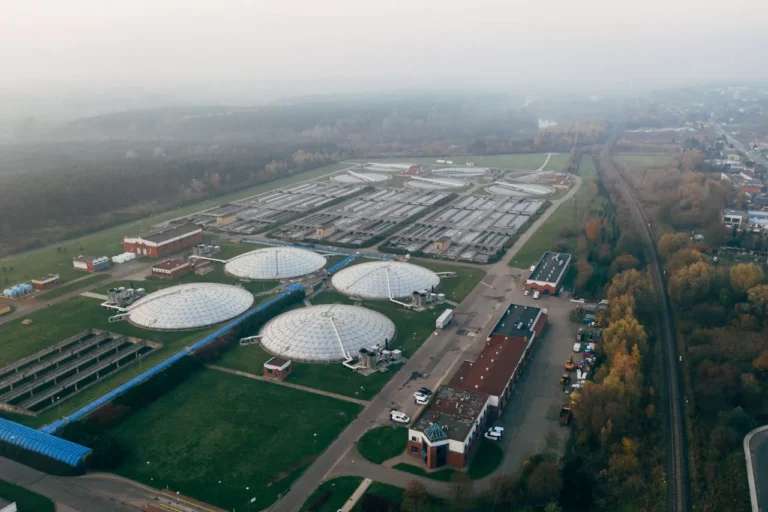
Netherlands to Classify Marine Ucome as Fossil Fuel Under New RED Rules
The Dutch Emissions Authority (NEa) has confirmed that used cooking oil methyl ester (Ucome) will be treated as a fossil fuel when supplied to the maritime sector under the Netherlands’ forthcoming implementation of the EU’s Renewable Energy Directive (RED III). The decision represents a significant policy shift that could reshape the marine biofuels landscape in northwestern Europe’s largest bunkering hub.
Under the Dutch transposition of RED, biofuels supplied to the maritime sector will be assigned a carbon intensity (CI) value of 94g CO₂ equivalent per megajoule (MJ) — the same as conventional fossil fuels — when calculating the sector’s overall greenhouse gas (GHG) reduction obligation. This means that Ucome and other non-compliant biofuels, though renewable in origin, will not contribute toward meeting the maritime sector’s decarbonization target.
All fuel supplies count toward obligation level
NEa clarified that the GHG reduction obligation will be calculated as a percentage based on all fuels supplied to a given sector, rather than only the fossil fuel component. This structure ensures that every litre of fuel delivered to the maritime market contributes to determining the overall compliance level. However, only qualifying renewable fuels will count toward fulfilling the obligation.
This distinction has significant implications. Biofuels that are not recognized under the maritime compliance list—such as crop-based fuels or those made from feedstocks listed in Part B of Annex IX of the EU directive, which includes Ucome—will still be counted in the total fuel supply used to calculate the obligation level. Yet, these fuels will be assigned the same CI value as fossil fuels.
As a result, shipowners and suppliers who continue using such fuels will effectively raise the total compliance denominator, increasing the amount of eligible, low-carbon biofuels required to meet the mandated GHG reduction target. This policy design is intended to prevent the use of lower-sustainability biofuels from undermining the effectiveness of the RED III mandate.
NEa emphasized that this rule applies regardless of the fuel’s duty status or customs position. Even if a non-compliant biofuel such as Ucome is supplied for bunkering before customs clearance, it will still count toward the total fuel supply but not toward the reduction target.
Limited role for Ucome under new framework
While the new treatment effectively excludes Ucome from maritime compliance, the fuel will remain eligible for credit generation in the road transport and inland waterways sectors. Companies operating in those segments will still be able to produce excess reduction credits through over-compliance, which can then be sold to the maritime sector under specific limits.
For 2026, the flexible allowance for credit transfers from land or inland sectors to maritime is set at 1.1%, giving Ucome a limited but continued role within the Dutch compliance system. However, this flexibility is unlikely to offset the expected decline in direct marine demand for the fuel.
Market expects decline in marine Ucome use
Market participants anticipate that Ucome availability for bunkering in the Amsterdam–Rotterdam–Antwerp (ARA) hub will drop significantly once the new rules come into effect. Industry stakeholders have warned that the Dutch approach could create a regulatory mismatch with the EU’s FuelEU Maritime regulation, which allows a broader range of biofuels to qualify for compliance credits.
As a result, some shipowners may shift bunkering operations to ports in other EU member states where biofuels such as Ucome continue to qualify. “This creates a competitive distortion within the internal market,” one Rotterdam-based supplier said. “If neighbouring countries allow Ucome while we don’t, vessels will simply go elsewhere.”
Despite the policy shift, a few Dutch fuel providers said they intend to keep offering Ucome blends, provided there is still customer demand. However, these suppliers expect to charge a premium reflecting the cost of ERE tickets—the compliance certificates that will replace the current renewable energy credits under the new system.
Legislative progress and system overhaul
The Dutch lower house of parliament approved the national RED III draft law on 2 October, and the upper house is expected to vote on it before the end of the year. If approved as expected, the law will take effect on 1 January 2026.
The legislation introduces a comprehensive overhaul of the current compliance mechanism. The Netherlands will transition from its existing energy-based HBE (Hernieuwbare Brandstof Eenheid) ticket system to a GHG-based ERE (Emissie-Reductie Eenheid) framework. Under the new structure, one ERE will represent a reduction of 1kg of CO₂ equivalent across a fuel’s lifecycle, compared with one HBE representing 1 gigajoule of renewable energy.
For the transition, authorities have defined a conversion rate of 46 EREs per HBE, ensuring continuity between the two systems. Separate ERE categories will be established for different transport sectors: LREs for land transport, BREs for inland waterways, and ZREs for maritime fuels.
Compliance deadlines will also change. Starting from 2026, the annual reporting deadline will move from 1 May to 1 April. The final compliance year under the old system will be 2025, with the new ERE registry scheduled to go live in May 2026. Nevertheless, any fuel delivered from 1 January 2026 onward must comply with the new rules.
No multipliers, stricter auditing, and clarified gaseous fuel rules
Among other changes, the Netherlands will remove multipliers and double-counting provisions from its renewable fuel credit system. Previously, certain waste-based biofuels could generate multiple compliance tickets for a single volume of fuel. This practice will be discontinued, and the audit requirement for waste-based fuels will be eliminated.
A proposal remains under discussion to assign category 3 tallow a 0.5 multiplier, effectively generating half as many ERE-O tickets per unit of fuel. Renewable fuels of non-biological origin (RFNBOs), such as green hydrogen and e-fuels, will no longer benefit from multipliers either. However, their use in refineries will generate a new credit type, RAREs, under a separate ERE category.
NEa also confirmed that rules governing gaseous biofuels will remain unchanged. These fuels — including bio-CNG — must be unsubsidized, sustainably certified, and accompanied by a Dutch biomethane Guarantee of Origin (GOO) to qualify for ERE issuance.
In a clarification to earlier reports, NEa stated that bio-LNG will be treated as a liquid fuel, not as a gaseous fuel, under the new framework. Accordingly, bio-LNG will follow the same compliance rules as other liquid fuels. Dutch lawmakers have also passed a motion urging the government to ensure that bio-LNG is included within the EU’s mass balance system, aligning national policy with broader EU treatment of renewable gases.
Broader implications
Industry observers say the new Dutch interpretation underscores the tension between national and EU-level decarbonization frameworks, particularly concerning maritime fuels. While RED III sets overarching targets, member states retain discretion in defining which feedstocks qualify for compliance, leading to divergent national rules.
For the Netherlands — a key European bunkering hub — the decision to classify Ucome as a fossil fuel marks a pivotal step toward stricter sustainability standards but also raises questions about market competitiveness and fuel availability. As the 2026 implementation date approaches, suppliers and shipowners alike are bracing for a reshaped marine fuels market defined by tighter sustainability thresholds, higher compliance costs, and shifting regional dynamics.
Source Link : https://www.argusmedia.com/







